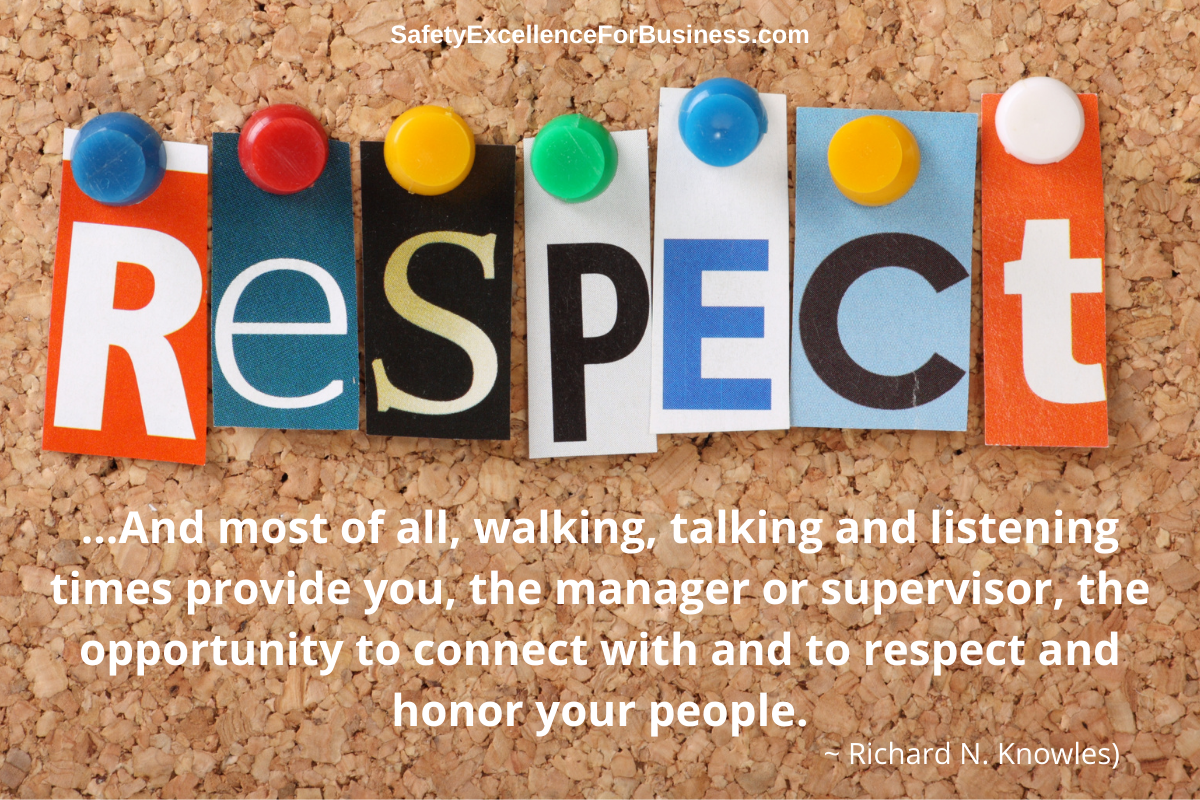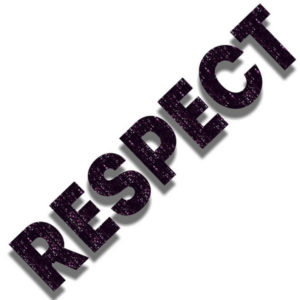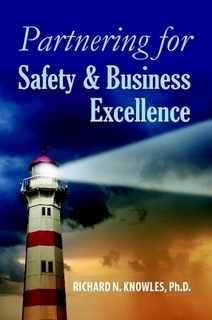Safety gets better when there’s Engagement and Respect happening!
The Occupational Health & Safety Survey
The State of Employee Safety in 2023 survey was published by Alert Media in Occupational Health and Safety.1 They surveyed 2000 full-time workers in the USA.
About 80% of the employees felt their safety was more important than productivity and job satisfaction. They all felt that their employers did not have as a high a value for any of these things. This was also true for mental health issues. Almost half of the employees are concerned about public health emergencies, workplace violence and technology failures.
About a third want better communications, more information about injuries and incidents as well as better safety training.
Reflections on the Feedback
In reflecting on the survey, the employees were fairly positive. It seems as though the people really want to be more a part of what is going on. While most of them care about their own safety, they feel that their managers do not care so much. They also feal that they are being left out of things. They want to know more about what is going on, not only about the things happening in their on workplace, but also about things going on outside of work that can impact them.

They want to know what the managers are thinking about. The employees also have ideas that they would like to share. They want better communications, as well as safety training. These are all good. But there is a sense that their managers do not have the same level of concern for their safety and health.
There was not much about what the employees could do to improve things. It is not just the managers who can make a positive difference, everyone can do that. This survey opens the door for good conversations about how things can get better.
Going Forward
In my experience, most people want to be treated with respect, be heard and have their ideas given consideration. As the managers and employees talk together, a lot of learning will take place. People will become more engaged and contribute more towards the organization’s success.
Sometimes managers hesitate to be more open and share for fear that they will loose control of things. As a manager for many years, I found that when I had my thinking and messages clear, I could talk openly with the people. We could set the standards and formulate the direction we needed to go. Then as we talked together, the people began to come together working towards really improving things, so I actually had better control in helping the organization to achieve success. Safety improved, productivity improved, and earnings improved.

While this sounds fairly simple, I have found that many managers try to avoid talking with the people. Managers are supposed to know what is going on and be able to answer questions so when they are asked a question they can’t answer, they feel as if they have failed. I struggled with this in my early, manager days until I accepted the fact that I did not know all the answers, and that was okay. No one knows everything, we all know that so let’s accept this and learn together. When I made this shift in my thinking, things got a lot better and much easier. I did not have to pretend that I knew everything, and fear that someone would embarrass me. When someone asked a question I couldn’t answer, I told them I did not know the answer, and then got back to them promptly when I did get the answer.
The more we interacted, talking and learning together, everything improved, and my job got a lot easier. I spent a lot more time being a cheer leader which was fun.
Everywhere I have worked, I found that treating people with respect, listening to their ideas, talking together, getting clear on the standards of performance, co-creating our goals and praising them for their successes was the formula for our successes. A lot fewer people got injured and the company made a lot more money.


 The more people who are involved in thinking about, looking at and helping each other, the more likely that the organization’s safety performance will be outstanding. A key to having the people come together as partners in helping each other begins with respect. I think that most of us want to be treated respectfully and feel valued by each other; I know that I do. We all have jobs to do and our work quality and productivity need to be as good as we can do. We each need to be held to high standards and keep learning and growing in our knowledge and understanding. We can achieve this while treating each other respectfully, honestly sharing our knowledge and insights, asking for help when we need it, and giving a helping hand.
The more people who are involved in thinking about, looking at and helping each other, the more likely that the organization’s safety performance will be outstanding. A key to having the people come together as partners in helping each other begins with respect. I think that most of us want to be treated respectfully and feel valued by each other; I know that I do. We all have jobs to do and our work quality and productivity need to be as good as we can do. We each need to be held to high standards and keep learning and growing in our knowledge and understanding. We can achieve this while treating each other respectfully, honestly sharing our knowledge and insights, asking for help when we need it, and giving a helping hand. We help to knock down the walls that have grown up between people and groups so that the arguments and fighting stop and they learn to value and help each other. We help to drill holes in the silos of production, HR, maintenance, and finance so that people can talk to each other to get the information they need to do their jobs. We help to remove the barriers that are restricting the up and down flow of critical information, improving its accuracy, so the organization can function more easily. We help to remove the barriers between the people writing rules and procedures (the work-as-imagined) and those doing the front-line work (the work-as-done). We help people to see that most of the injuries and incidents are the result of patterns and processes that need improvement and shift away from a culture of blame and criticism.
We help to knock down the walls that have grown up between people and groups so that the arguments and fighting stop and they learn to value and help each other. We help to drill holes in the silos of production, HR, maintenance, and finance so that people can talk to each other to get the information they need to do their jobs. We help to remove the barriers that are restricting the up and down flow of critical information, improving its accuracy, so the organization can function more easily. We help to remove the barriers between the people writing rules and procedures (the work-as-imagined) and those doing the front-line work (the work-as-done). We help people to see that most of the injuries and incidents are the result of patterns and processes that need improvement and shift away from a culture of blame and criticism. Changes are coming fast and furious. President Trump is moving ahead on deregulations and removing barriers to improve our businesses, so we’ll probably see a lot of changes show up in our workplaces. Some will be positive and others will not. It is our responsibility to work together and make all these changes as good as possible.
Changes are coming fast and furious. President Trump is moving ahead on deregulations and removing barriers to improve our businesses, so we’ll probably see a lot of changes show up in our workplaces. Some will be positive and others will not. It is our responsibility to work together and make all these changes as good as possible.




